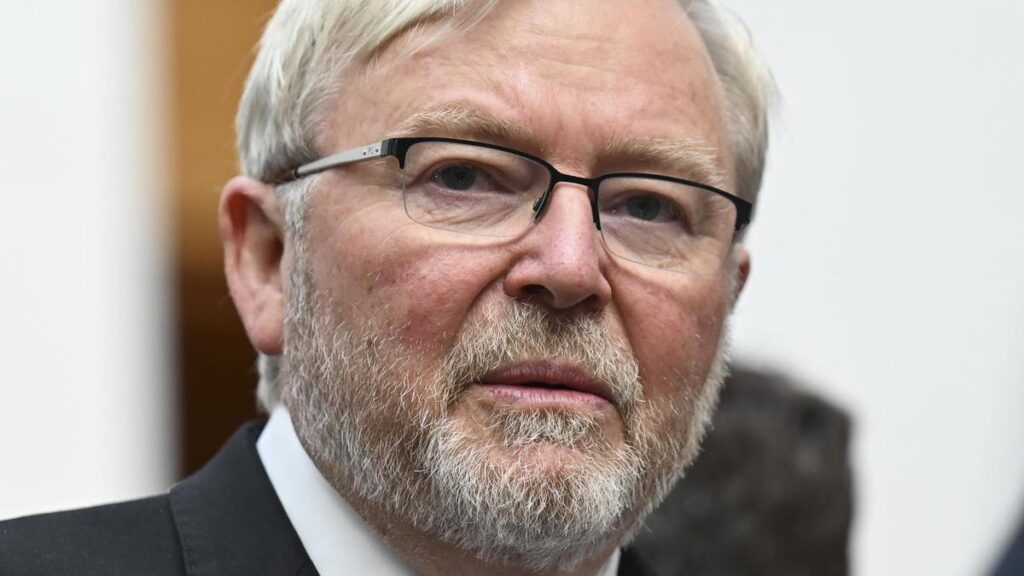
Bridget McKenzie, a prominent member of the National Party, has publicly criticized Kevin Rudd for his performance as Australia’s ambassador to the United States. McKenzie contends that Rudd’s handling of critical trade relations, particularly regarding tariffs on copper and pharmaceuticals, indicates a failure to effectively manage Australia’s diplomatic ties with Washington.
McKenzie described the current relationship between Australia and the United States as “clunky,” emphasizing that this reflects poorly on Rudd’s ability to navigate complex international trade issues. Her comments come amid ongoing discussions about tariffs imposed on key Australian exports, which have raised concerns among local industries and officials alike.
Concerns Over Trade Relations
During a recent media appearance, McKenzie pointed to specific instances where she believes Rudd has not adequately addressed Australia’s interests. The senator highlighted the necessity of strong advocacy in dealing with potential trade barriers that could impact Australian businesses. She stated, “The lack of decisive action on these tariffs shows that we are not being represented effectively.”
Trade relations with the United States are crucial for Australia, especially given the economic ties that underpin both nations. Australia’s exports to the U.S. were valued at approximately $35 billion in 2022, making the management of these tariffs a significant concern for the government.
Political Implications
McKenzie’s remarks reflect broader political tensions as Australia prepares for upcoming negotiations. The National Party has been vocal about the need for a more robust approach to international diplomacy, particularly in light of changing global economic dynamics. Rudd’s supporters argue that he is working diligently behind the scenes, but McKenzie insists that visible results are necessary to reassure Australian businesses and citizens.
The criticism from McKenzie is particularly noteworthy given her position within the National Party, which has traditionally focused on agricultural and regional issues that could be directly affected by U.S. trade policies. As the political landscape evolves, the effectiveness of Rudd’s ambassadorship will likely remain a focal point within Australian politics, especially as the government seeks to bolster its economic interests abroad.
In summary, McKenzie’s statements underscore the ongoing debate over the effectiveness of Australia’s diplomatic leadership in the United States. With key trade negotiations on the horizon, the pressure is mounting for Rudd to demonstrate tangible results that align with the interests of Australian industries and the broader economy.






